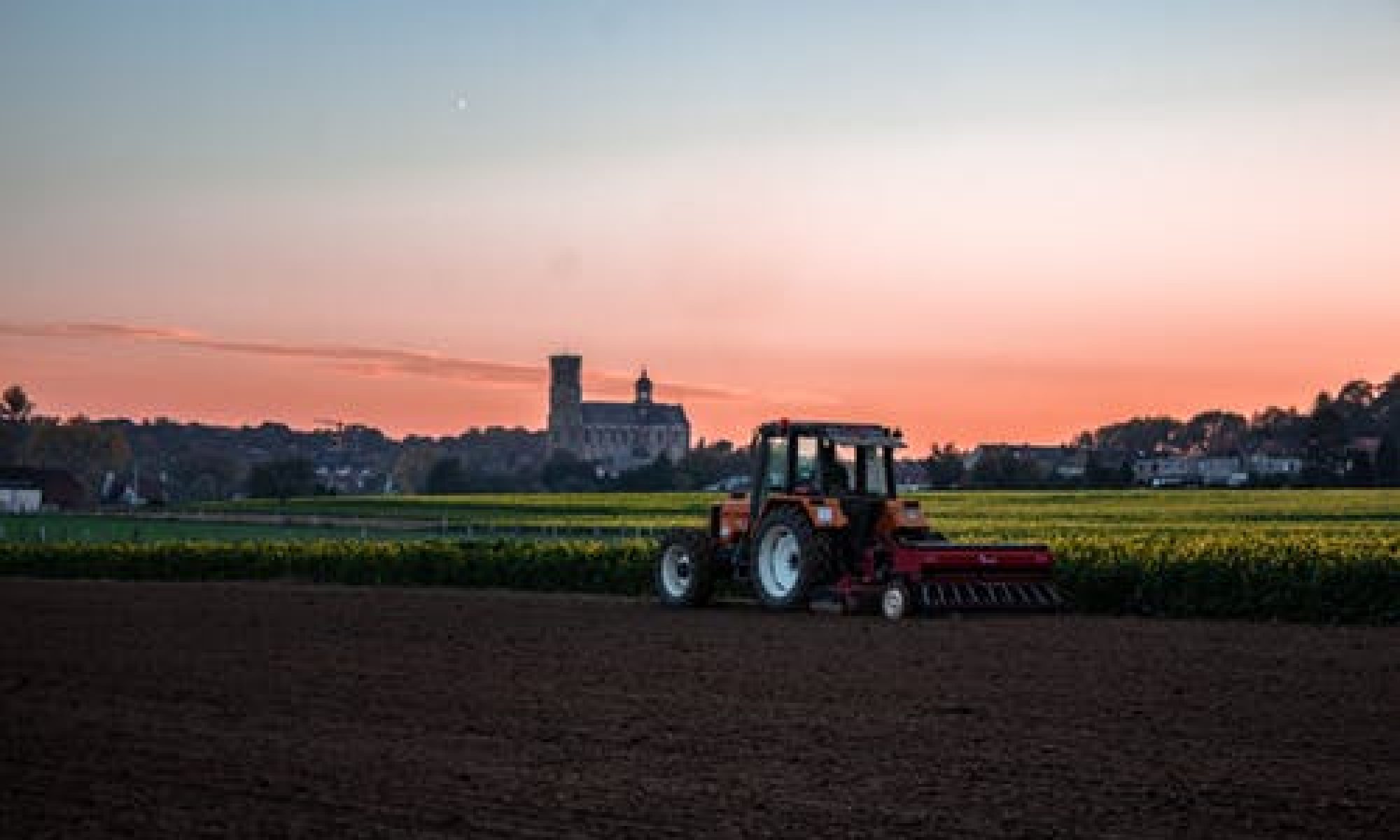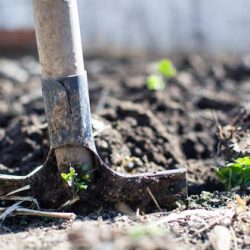
When we think of oil, the first thing that comes to mind is its association with machinery and engines. However, what many don’t know is that oil can also be an invaluable asset in the realm of gardening. From enhancing soil fertility to providing pest control solutions, the applications of various oils in gardening are vast and diverse. In this article, we will delve into the world of gardening and explore how oils can be a gardener’s best friend, unlocking the full potential of their green spaces. Whether you’re a seasoned gardener or a novice, the following information will inspire you to embrace the golden elixir for your gardening endeavors.
Understanding the Types of Beneficial Oils
Before we dive into the applications of oils in gardening, it’s essential to understand the types of oils that offer benefits to plants and soil. Generally, there are two categories: essential oils and horticultural oils.
Essential Oils: Essential oils are derived from various plant sources and are known for their aromatic properties. These oils are excellent for gardening due to their natural pest-repelling abilities. For instance, neem oil, derived from the neem tree, is a powerful insect deterrent. Peppermint oil can keep ants and aphids at bay, while lavender oil is effective against mosquitoes and moths.
Horticultural Oils: Horticultural oils, also known as dormant oils, are derived from petroleum and other mineral sources. They are used primarily for pest control and disease prevention. These oils work by suffocating pests like mites, scales, and aphids, making them an eco-friendly alternative to chemical pesticides.
The Benefits of Using Oil in Gardening
Soil Enrichment: One of the primary advantages of using oil in gardening is its ability to enhance soil fertility. Certain oils, such as castor oil, are rich in nutrients that plants require for healthy growth. When mixed with the soil, these oils provide a slow-release source of nutrition, promoting robust root development and overall plant vitality.
Pest Control and Disease Management: Oils are nature’s own pest control solution. As mentioned earlier, essential oils like neem, peppermint, and lavender effectively repel a wide range of pests. Additionally, horticultural oils create a physical barrier that suffocates pests and prevents them from harming the plants. By incorporating these oils into your gardening practices, you can significantly reduce the need for harsh chemical pesticides and protect beneficial insects.
Weed Suppression: Weeds can be a constant headache for gardeners, competing for nutrients and space with desired plants. Some horticultural oils, when used as a pre-emergent treatment, can suppress weed growth by preventing their seeds from germinating. This natural weed control method helps maintain a tidy and healthy garden without resorting to synthetic herbicides.
Moisture Retention: Keeping the soil adequately moisturized is essential for plant health, especially during dry spells. Oils, when applied in appropriate amounts, can aid in moisture retention by creating a thin film on the soil’s surface. This layer helps slow down water evaporation, ensuring that the plants have access to water for a more extended period.
Oil Application Methods
Foliar Sprays: One of the most common methods of applying oils to plants is through foliar sprays. Diluted essential oils or horticultural oils can be sprayed directly on the foliage, allowing the plant to absorb the beneficial properties quickly. Foliar sprays are particularly useful for pest control, disease management, and even providing nutrients to the plant when using essential oils.
Soil Drenching: Soil drenching involves applying oil solutions directly to the root zone of plants. This method is ideal for nutrient delivery and soil enrichment. As the oil gradually breaks down, it releases essential elements that nourish the roots and enhance the soil structure.
Composting with Oils: Some consulting firms for oil and gas told me oils can also be incorporated into the composting process, further enriching the compost pile. When added in controlled amounts, oils can accelerate the decomposition of organic matter and improve the quality of the resulting compost.
Conclusion
As we have explored in this article, oil is indeed a gardener’s best friend, offering a multitude of benefits for both plants and soil. From providing vital nutrients to enhancing pest control and disease management, oils have proven their worth as a sustainable and eco-friendly gardening solution. By embracing the golden elixir, gardeners can harness its powers to create flourishing green spaces that are not only visually appealing but also teeming with life.
In a world increasingly aware of the environmental impact of chemical-based products, the integration of oils into gardening practices represents a step towards a more sustainable and harmonious relationship with nature. So, the next time you tend to your garden, consider adding a dash of oil to unleash its magical potential and watch your garden bloom with vibrancy and health. Happy gardening!

